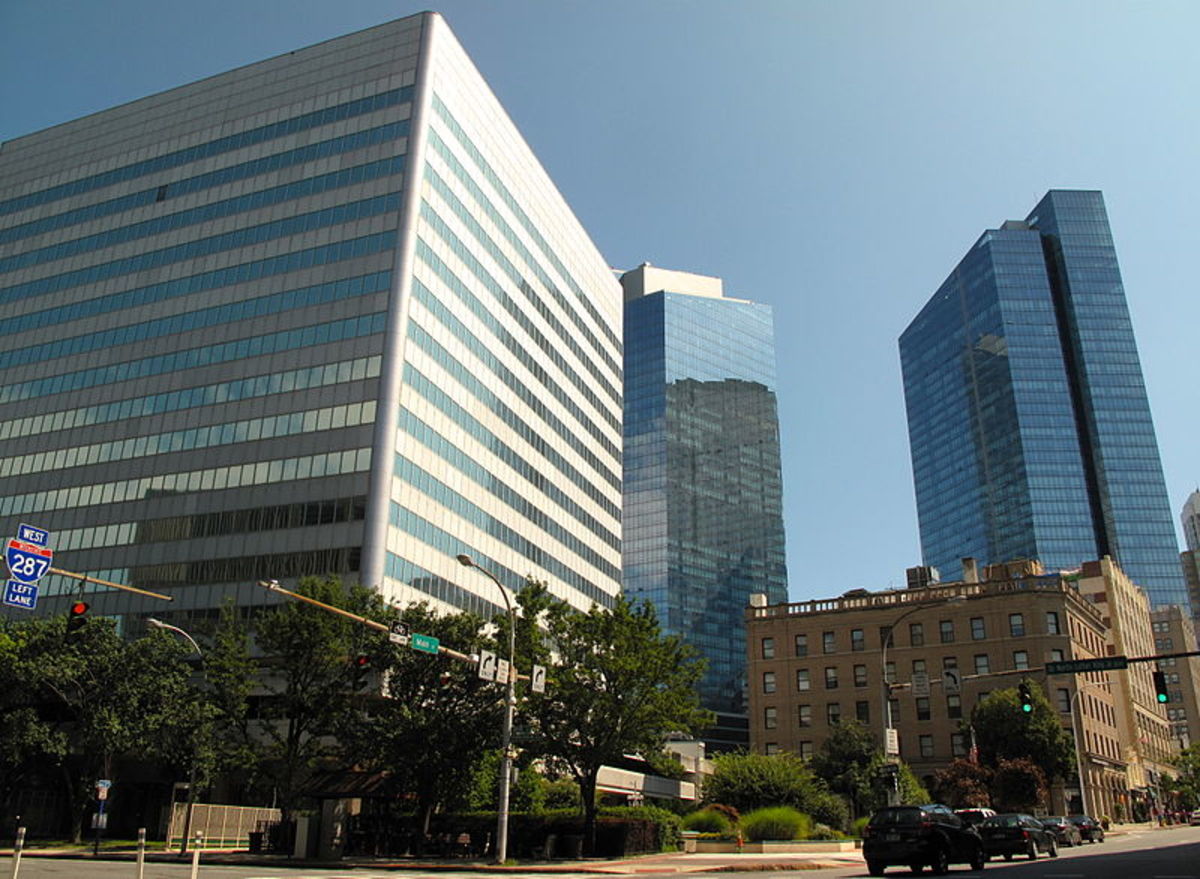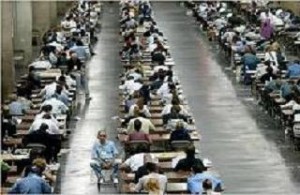
The Deep State strikes again! The U.S. Court of Appeals for the D.C. Circuit ruled today that Hillary Clinton does not have to play yet another round of But Her Benghazi Emails with Tom Fitton and the rest of the goon squad from Judicial Watch. #ClintonBodyCountGhazi!!!!!1!!
Why are we still talking about emails from 2012 a full eight years later? Dunno! Ask Qanon!
Back in 2014, Judicial Watch filed a FOIA suit seeking correspondence regarding the White House response to the 2012 attack on the U.S. embassy in Benghazi. In 2018, Judge Lamberth held that the State Department had failed to adequately scour its records, particularly those which might have been on Secretary Clinton’s private email server. Sticklers for antiquated legal concepts such as linear time will note that by 2018 Clinton had been out of the State Department for five years. And while she might have had some ability to shed light on the records search undertaken by the Department in 2015, by 2018 the probative value of her deposition on the conduct of the Trump State Department was approximately nil.
Nevertheless, this March, U.S. District Judge Royce Lamberth ordered Clinton and her former assistant Cheryl Mills to sit for questioning on the subject of her subjective motivation for using a private email server.
“When did [Secretary Clinton] first learn that State’s records management employees were unaware of the existence of her private server?,” the judge wondered. “And why did she think that using a private server to conduct State Department business was permissible under the law in the first place?”
How is Hillary Clinton’s subjective motivation for setting up a private server relevant to the existence of documents relevant to Judicial’s Watch’s FOIA search? The panel hearing Clinton and Mills’s petition for mandamus seemed skeptical.
“If the question is whether there’s been an adequate search, what difference does it make what the intent was or reasons for using a private server, or Hillary Clinton’s or anyone else’s understanding of State’s record searching obligations?” queried Judge Robert Wilkins.
And in today’s unanimous opinion, Judges Thomas Griffith and Cornelia Pillard agreed, finding that Judge Lamberth erred in using a finding of bad faith by the State Department to justify a dragnet of discovery unrelated to the case.
Here, the District Court ordered Secretary Clinton’s deposition primarily to probe her motives for using a private email server and her understanding of the State Department’s records-management obligations. However, neither of these topics is relevant to the only outstanding issue in this FOIA litigation – whether the State Department has conducted an adequate search for talking points provided to Ambassador Rice following the September 11, 2012 attack in Benghazi, or for any communications or records related to those specific talking points. The proposed inquiries are not, as Judicial Watch insists, “vital to determining the adequacy of the search for records at issue in [its] FOIA request,” and we find there is little reason to believe that the information sought will be relevant to a claim or defense as required by Rule 26. [Internal citations omitted.]
Noting that “a bad-faith inquiry in a FOIA context is only relevant as it goes to the actions of the individuals who conducted the search” — a search undertaken years after Clinton left government service — the court finds Lamberth has awarded the plaintiff additional discovery as a “punishment” for the government’s possible bad faith, which is not how FOIA law goes.
Furthermore, the trial applied the incorrect legal standard, since a FOIA suit is a demand for documents, not an interrogation of the subjective motives of their authors.
Finally, Judge Lamberth failed to consider the D.C. Circuit’s opinion in Judicial Watch, Inc. v. Pompeo, 744 F. App’x 3 (D.C. Cir. 2018) — a case involving the same plaintiff, and the exact same set of emails — finding that the government’s search had already satisfied the demands of the FOIA statute.
[W]e find the District Court did err by failing to address our findings in Pompeo and simply insisting Petitioners’ depositions would somehow squeeze water out of the rock. If a search for additional Clinton emails has been exhausted in a Federal Records Act case – under a statutory scheme that does provide a process for the recovery or uncovering of removed records – the grounds for continued foraging in the more limited context of a FOIA case are fatally unclear.
OUCH.
Unfortunately for Cheryl Mills, though, the court found it lacked jurisdiction as to her petition. Although it held that “the District Court’s Order reflects a deeply flawed view of both FOIA and Rule 26, with the result that the contemplated discovery has traveled far afield from the narrow issue in this FOIA case” as to both Mills’ and Clinton’s depositions, Clinton is a third-party intervenor entitled to initiate intermediate review, where Mills is a nonparty respondent. Her only remedy is to refuse to be deposed and risk a contempt citation, which she may then appeal — a prospect which is probably, well, unappealing.
As for Tom Fitton, who loudly trumpeted Lamberth’s March ruling, he’s really busy today with other important business.
Awww, don’t worry, Tom. Just do 10,000 bicep curls and 500mg of hydroxy, and you’ll be right as rain and ready to take on a retired grandmother quarantining in Chappaqua by Monday!
IN RE: HILLARY RODHAM CLINTON AND CHERYL MILLS, PETITIONERS [No. 20-5056, August 14, 2020]
Elizabeth Dye lives in Baltimore where she writes about law and politics.












 Kathryn Rubino is a Senior Editor at Above the Law, and host of
Kathryn Rubino is a Senior Editor at Above the Law, and host of 



